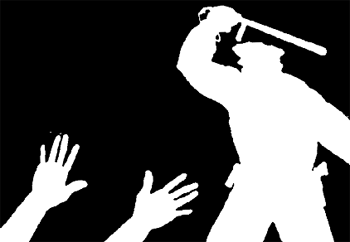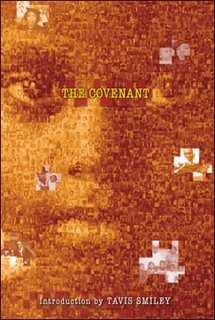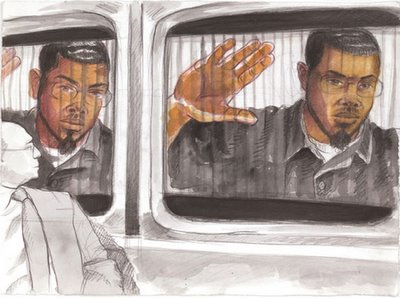
There a couple of things recently that have peeked my interest as it relates to race and education. As you know, the state of Michigan remains embroiled in a battle over Affirmative Action, which may come to a head in November. I'm slacking on the updates around the legality of the MCRI signatures, but I'm figuring that stuff will wash itself out. If you want me to continue posting on that stuff, drop me an email or comment. Okay, but I digress.
The Supreme Court has recently decided to hear cases on the race and school assignment. If you had a chance to read any of the Harvard Civil Right's Projects reports over the last five years, you know that our children are going to more segregated schools than they did nearly 50 years ago. Of course this is not without debate, the Thernstroms have argued that segregation has decreased in school in their book No Excuses. Regardless of which side you believe (and I fall in line with HCRP because of their methodology, not ideology) the classrooms that children attend as well as the students they sit next to affect their educational performance.
In this NY Times piece the CEO for the Center for Equal Opportunity classifies research that provides evidence that racially mixed schools yield educational benefits as "touchy-feely social science." *Ouch* I guess considering the relationships between children as important to their educational accomplishments is soft. Well then, call me a powder puff.
I think at the root of this issue is not simply desegregation, but integration. While a court can mandate that groups co-exist and occupy the same space, a court can never guarantee that these groups will integrate into each others lives. As someone who finds myself aligning more with Black nationalism (in some form) than liberal intergrationism, I know their are many issues in this. Many nationalists as well as conservatives will take this opportunity to suggest that consideration of race or desegregation is not needed, but not so fast. I would argue without desegregation, the odds for integration dramatically reduce. I guess one could consider desegregation the lynch-pin to integration. In that sense, without desegregation, you shouldn't expect to see the "benefits" of integration. Which leads me to Booker T. Washington.
The larger question of integration is one that has always intrigued and plagued me. Booker T. Washington posed an interesting position at his Atlanta Compromise address when he said,
"In all things purely social we can be as separate as the fingers, yet one as the hand in all things essential to mutual progress."In my own research, I've come to see the issue with this idea is the fact that social worlds between Black and Whites are largely separate. So the ability to reap the economic, and in this case educational, gains of others is less likely.
Simple example, trips to the local library to read about Peru pale in comparison to trips to Peru. When we talk about children's experiences and opportunities we have to realize that exposure is paramount for healthy social and academic development. By assuming that we can segment our experiences, when they are still unequal, will leave us behind still, right? Aight this is way too complex for me to be posting on right now. In fact this post was started weeks ago and I need to be writing a dissertation!!!




